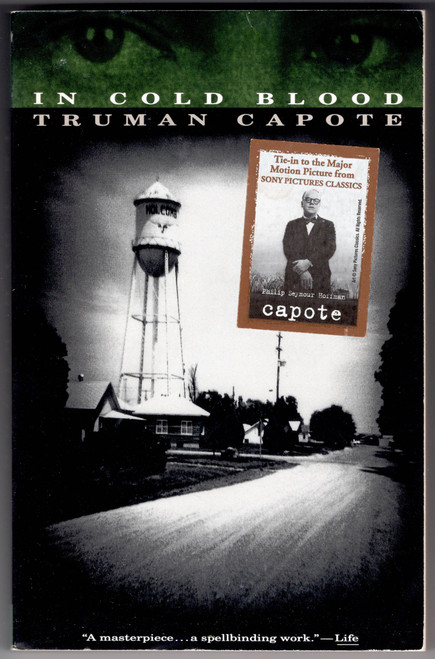In Cold Blood created a sensation when it was published serially in The New Yorker in 1965. It is Capote's masterpiece. The laconic, atmospheric, and intensively researched narrative of the livees of the Clutter family of Holcomb, Kansas, and of the two men, Richard Eugene Hickock and Perry Edward Smith, who brutally killed them on the night of November 15, 1959, is the seminal work of the "new journalism." Perry Sith is one of the great dark characters of American literature, full of contradictory emotions. "I thought he was a very nice gentleman," he says of Herb Clutter. "Soft-spoken. I thought so right up to the moment I cut his throat." Told in chapters that alternate between the Clutter household and the approach of Smith and Hickock in their black Chevrolet, then between the investigation of the case and the killers' flight, Capote's account is so detailed that the reader comes to feel almost as if he were a participant in the events.
Introduction by Bob Colacello
Editorial Reviews
"In Cold Blood is the best documentary account of an American crime ever written....The book has the special merit of requiring, and repaying, thoughtful attention even while it temps one to devour its contents with uninterrupted excitement." —F.W. Dupee
"A masterpiece...a spellbinding work." —Life
"A remarkable, tensely exciting, superbly written 'true account.' " —The New York Times
"The best documentary account of an American crime ever written. . . . The book chills the blood and exercises the intelligence...harrowing." —The New York Review of Books
About the Author
Truman Capote was born in New Orleans on September 30, 1924. He rose to international prominence in 1948 with the publication of his debut novel, Other Voices, Other Rooms. His other works of fiction include Breakfast at Tiffany’s, A Tree of Night, The Grass Harp, and Summer Crossing, the author’s long-lost first novel, which was rediscovered in 2004 and published by Random House in 2005. His nonfiction novel In Cold Blood is widely considered one of the greatest books of the twentieth century. Capote twice won the O. Henry Memorial Short Story Prize and was a member of the National Institute of Arts and Letters. He died on August 25, 1984, shortly before his sixtieth birthday.






